Heat Detection Sensor: Essential Guide for Professionals
Discover the essentials of the DXM Heat Sensor, designed for professionals seeking optimal safety and efficiency. Our cutting-edge heat sensors technology ensures reliable performance in various industrial applications. Stay ahead with DXM's expertly crafted solutions, tailored to meet your heat detection needs. Enhance safety protocols and minimize risks with our state-of-the-art sensors.
- Understanding Heat Detection and Heat Sensor
- Types of Heat Detection Sensor
- Applications Across Industries
- Emerging Technologies and Trends
- Choosing the Right Heat Detection Sensor
- Installation and Maintenance Best Practices
- Benefits of Heat Detection Sensor
- Call to Action
- FAQs
- 1. What is a heat detection sensor?
- 2. How does heat sensor work?
- 3. What industries benefit from heat sensor?
- 4. Is heat sensor part of smart home systems?
- Conclusion of
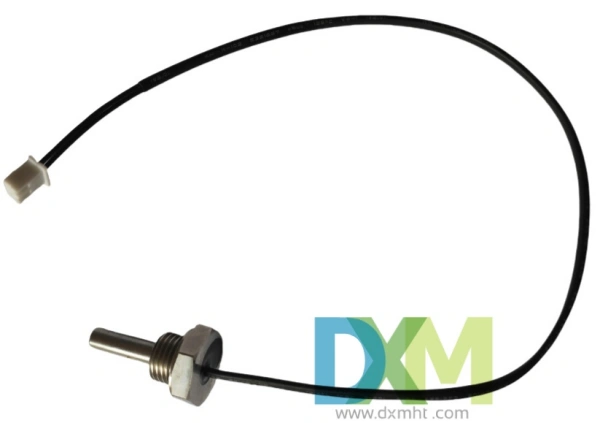
In every industry, safety and precision are paramount. That's where heat detection and heat sensor technology come into play. These essential tools are revolutionizing how we monitor environments and protect assets. From preventing fires in hazardous areas to ensuring optimal operations in temperature-sensitive industries, heat detection sensors are vital to modern safety strategies. Join us as we explore this exciting field, diving into how these devices work and their transformative impact.
Understanding Heat Detection and Heat Sensor
Heat sensor is at the forefront of safety in technology and production spaces. So, what exactly is it? Simply put, heat sensors detect temperature changes, allowing us to monitor unsafe or critical conditions. In this section, we explore how heat sensors work, the different types available, and their applications in industries ranging from manufacturing to data centers.
Types of Heat Detection Sensor
Understanding the variety of heat sensor available is key to maximizing its potential. Here, we delve into fixed temperature sensors, rate-of-rise sensors, and combination sensors. Each type offers unique benefits depending on the application, whether it’s early fire detection or ensuring that sensitive machinery operates within safe temperature ranges.
Applications Across Industries
Heat sensors are incredibly versatile. Let's explore how they're used across various domains:
1. Fire Safety: Heat sensor help detect fires faster than traditional smoke detectors, especially in areas prone to dust or steam.
2. Industrial Manufacturing: Maintain optimal conditions in processes that require precise temperature control.
3. Data Centers: Protect critical IT infrastructure by preventing overheating, ensuring smooth and continuous operation.
4. Residential Safety: Increase home safety by integrating heat sensors with smart home systems.
Emerging Technologies and Trends
The world of heat detection is constantly evolving. Recent advancements include smart sensors with IoT capabilities, enhancing how data is collected and analyzed. We’ll discuss how machine learning is optimizing sensors performance, as well as future trends that promise to redefine heat detection.
Choosing the Right Heat Detection Sensor
Selecting the right sensor depends on several factors, including the environment and the specific application. We’ll guide you through what to consider when choosing a sensor, from response time and durability to compatibility with existing systems.
Installation and Maintenance Best Practices
For heat detection systems to perform optimally, proper installation and maintenance are crucial. Our insights cover everything from strategic sensor placement to regular testing and maintenance schedules that prolong sensor life and ensure accuracy.
Benefits of Heat Detection Sensor
Investing in heat sensors offers a myriad of benefits. They enhance safety, improve operational efficiency, and reduce the risk of costly downtime. We’ll tell you how leveraging these advantages can transform a business's approach to safety and efficiency.
Call to Action
Curious about how heat sensors can benefit your operations? Contact us for more information. Embrace the future of safety and efficiency with our range of advanced heat detection solutions tailored to your needs.
FAQs
1. What is a heat detection sensor?
- A device that monitors temperature changes to identify unsafe or critical conditions.
2. How does heat sensor work?
- They detect variations in temperature or rate of increase, triggering alerts if thresholds are exceeded.
3. What industries benefit from heat sensor?
- Industries including fire safety, manufacturing, data centers, and residential buildings.
4. Is heat sensor part of smart home systems?
- Yes, they integrate with smart home technologies for improved safety.
Conclusion of
Heat detection and heat sensor is integral to modern safety strategies. It not only protects assets and ensures operational efficiency but also adapts to evolving technological landscapes. By understanding its capabilities and applications, professionals across industries are better equipped to harness their full potential. Take the next step toward improved safety and efficiency with advanced heat detection systems.
© 2025 DXM Blog. All rights reserved.
Author: Ivan Huang
Recommended for you
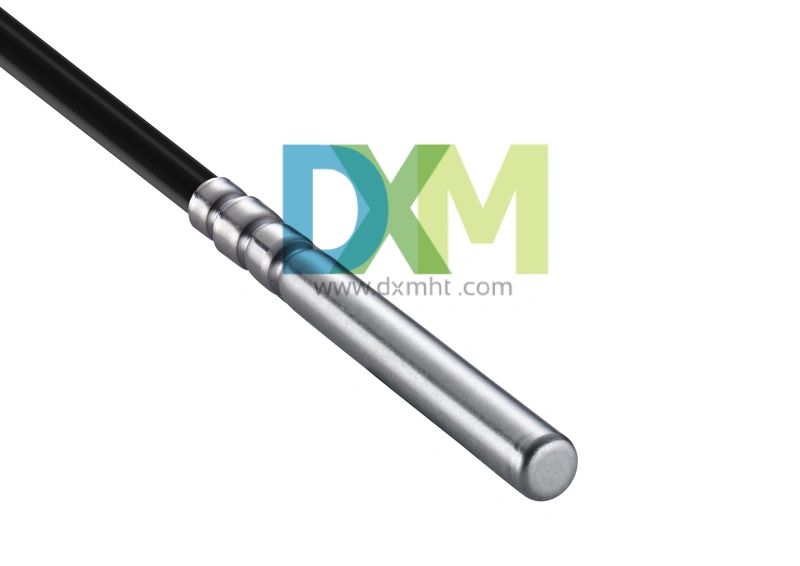
Water Temperature Sensor: The Key to Engine Health and Efficiency

Lightning Surge Protection Varistor: Essential for Protecting Your Electrical Systems
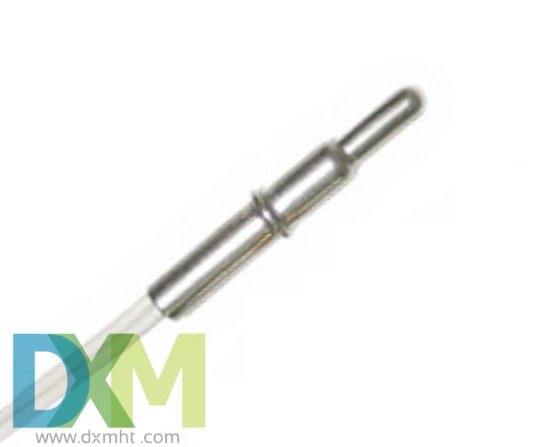
Water Temp Sensor: How to Test it for Reliable Performance?
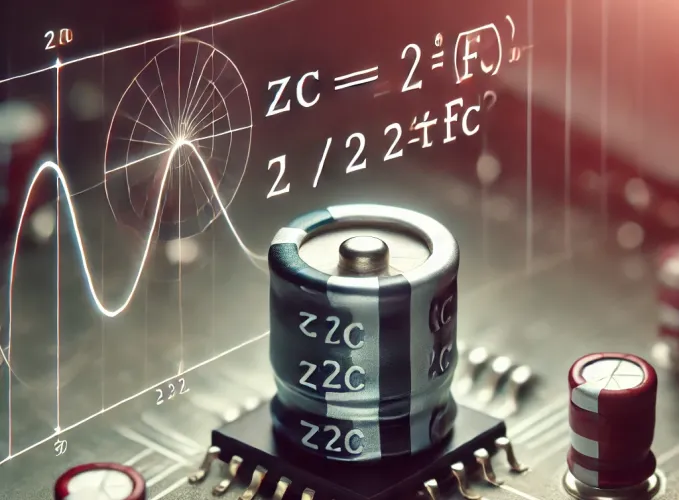
Capacitor Impedance: Calculation Guide & FAQs
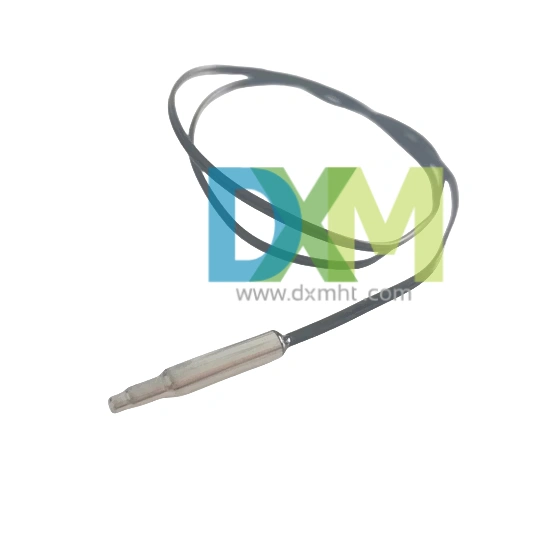
Temperature Probe Sensor: A Comprehensive Guide
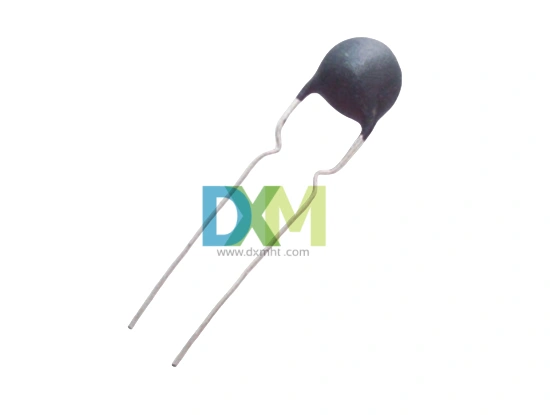
Termistor NTC: What Does a Thermistor Do?
Price and Payment
Payment Terms
There are a number of different payment methods that can be used when you deal with us. Two are mostly used: T/T payment in advance for small values and irrevocable L/C at sight for large values.
Logistics
Does it support express delivery?
Yes, we support express delivery services. You can choose different delivery methods according to your needs, including ordinary express delivery and expedited express delivery.
How long does logistics delivery take?
Shipping times depend on your location and the shipping method you choose. Generally speaking, international shipping can take anywhere from a few weeks to a few months.
Is your logistics and distribution service reliable?
Yes, we cooperate with a number of well-known logistics companies to ensure the timeliness and reliability of logistics and distribution services and provide you with a satisfactory distribution experience.
Shipment
1)Small order quantity and small packing:cargo may be arranged by courier;
2)Bulk order and big volume:shipment may be arranged by sea or by air as per customer’s requirements on FOB, C&F,CIF or LCL terms and do prompt shipment which is very important for our customers, so we do this matter seriously and we may arrange our shipment in time due to our rich experiences in this line. We may also accept the shipment on the term of freight prepaid or freight collect.
You may also like

KTY83-110 Sensor with Silicon Glass Thermistor

Bracket Type NTC Thermal Sensor MF52X for Precise Temperature Measurement
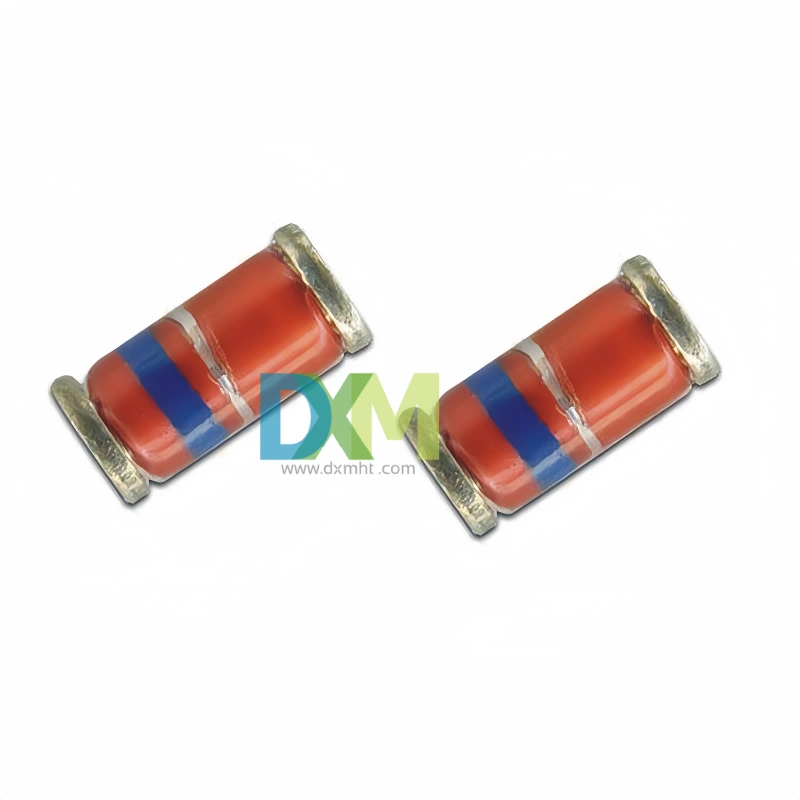
Glass Thermistors MF58E for High-Precision Applications
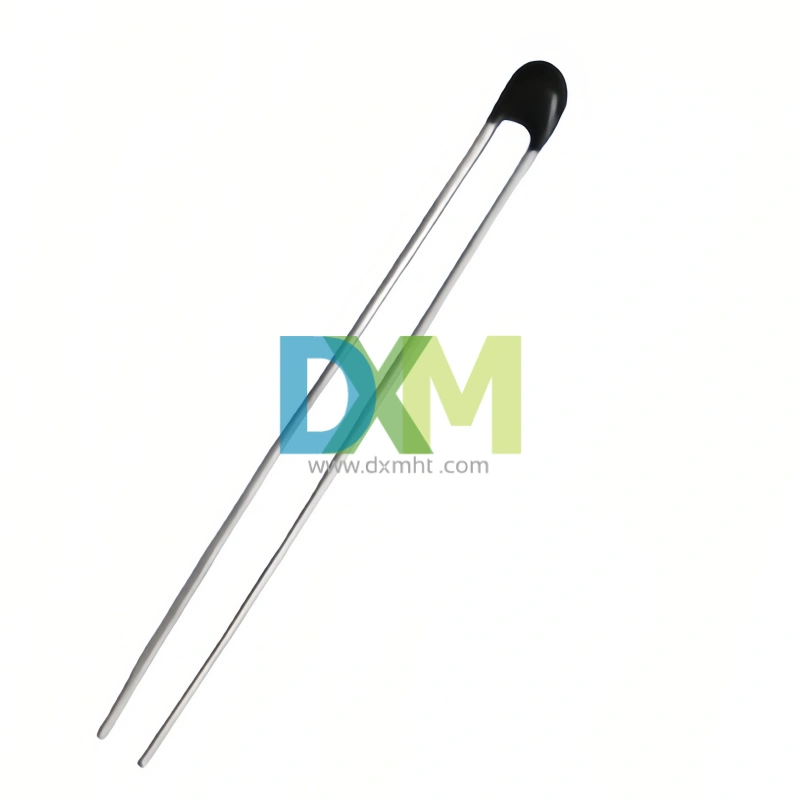
High Precise NTC Sensors for Temperature Measurement and Control
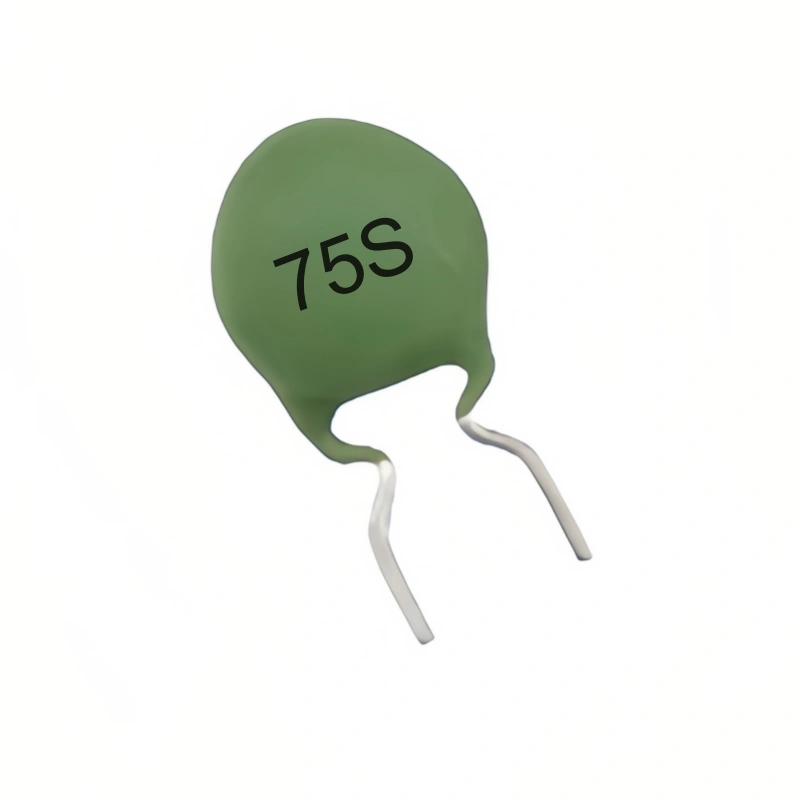
WMZ12A 75S PTC Thermistors for Over-Current and Over-Load Protection
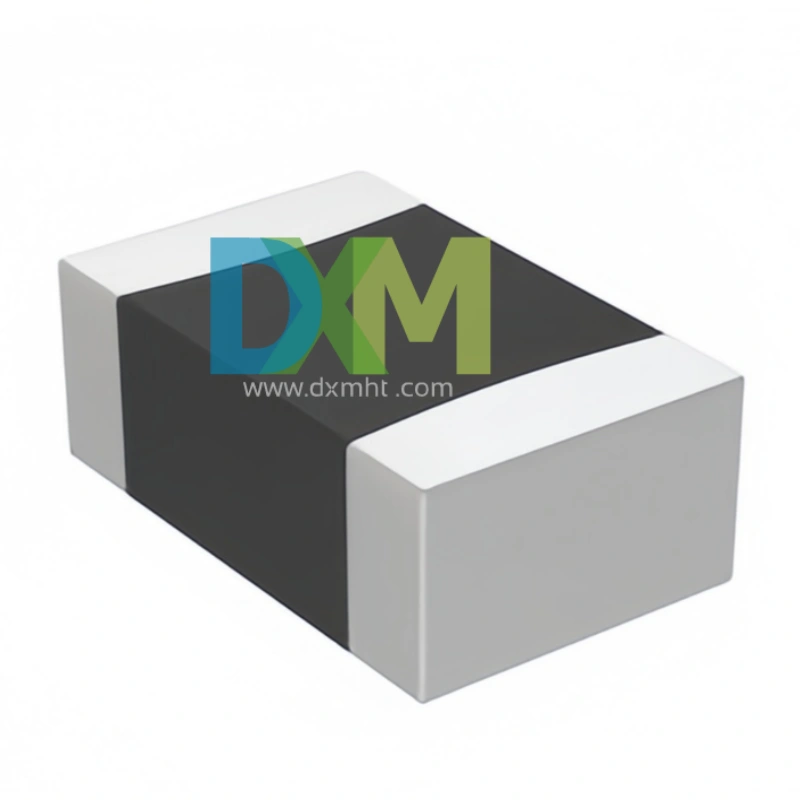
SMD Sensors: Advanced Temperature Sensing Excellence
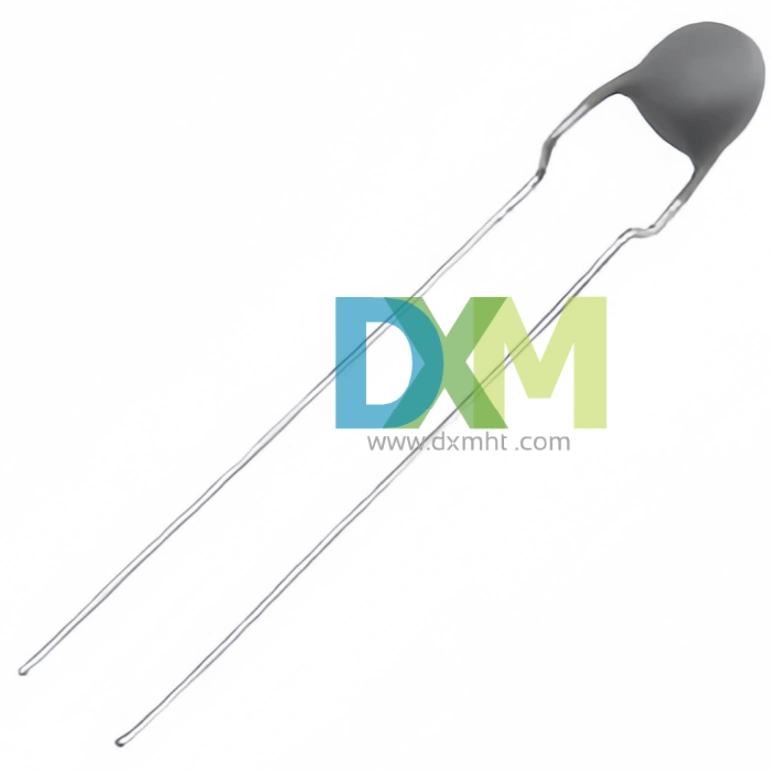
Thermistor PTC MZ11 Series for Light Efficient Design
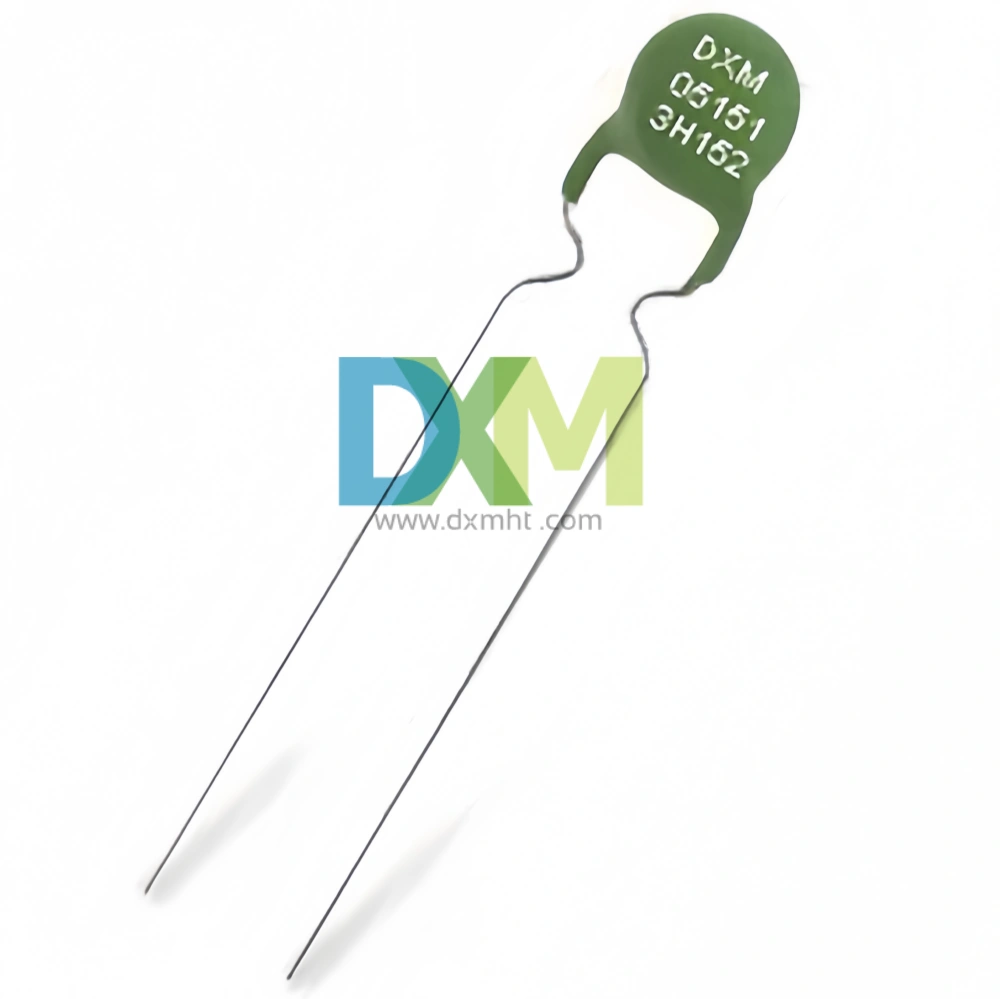
PTC Thermistors for Ballast Electronic and Energy Saving Lighting Intelligent Preheat Start MZ12 | DXM
Get in Touch
Discover premium thermistors, sensors, and resistors tailored to your needs.Our dedicated team of experts is available to assist with product selection, technical queries, and after-sales service. Contact us for custom solutions and experience exceptional customer support.
© 2024 DXM | Designed by gooeyun

 Scan QR Code
Scan QR Code
Scan QR Code
Whatsapp: +8618927361658
Shenzhen DXM Technology Co., Ltd.
DXM PTCNTC
Shenzhen DXM Technology Co., Ltd